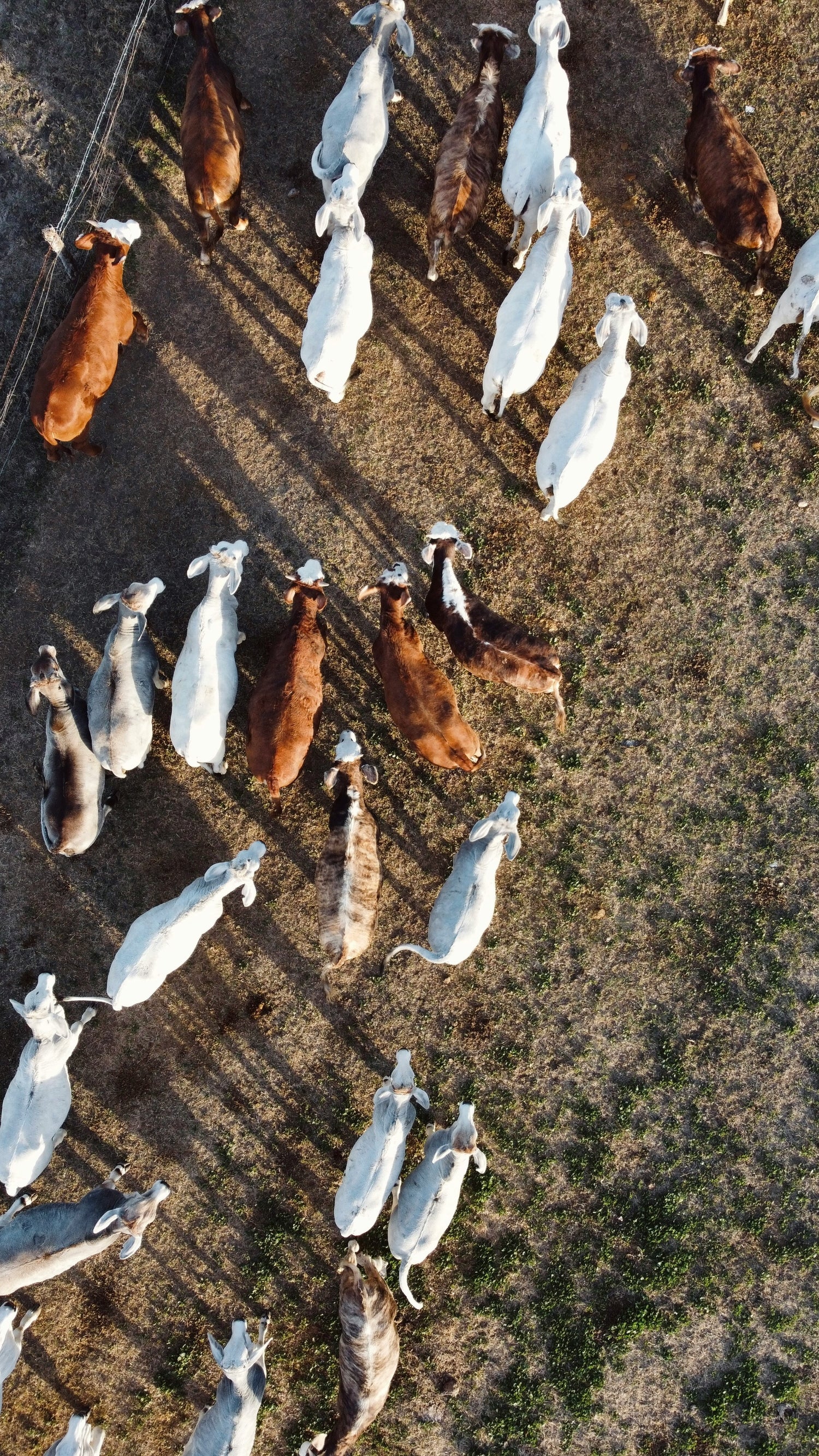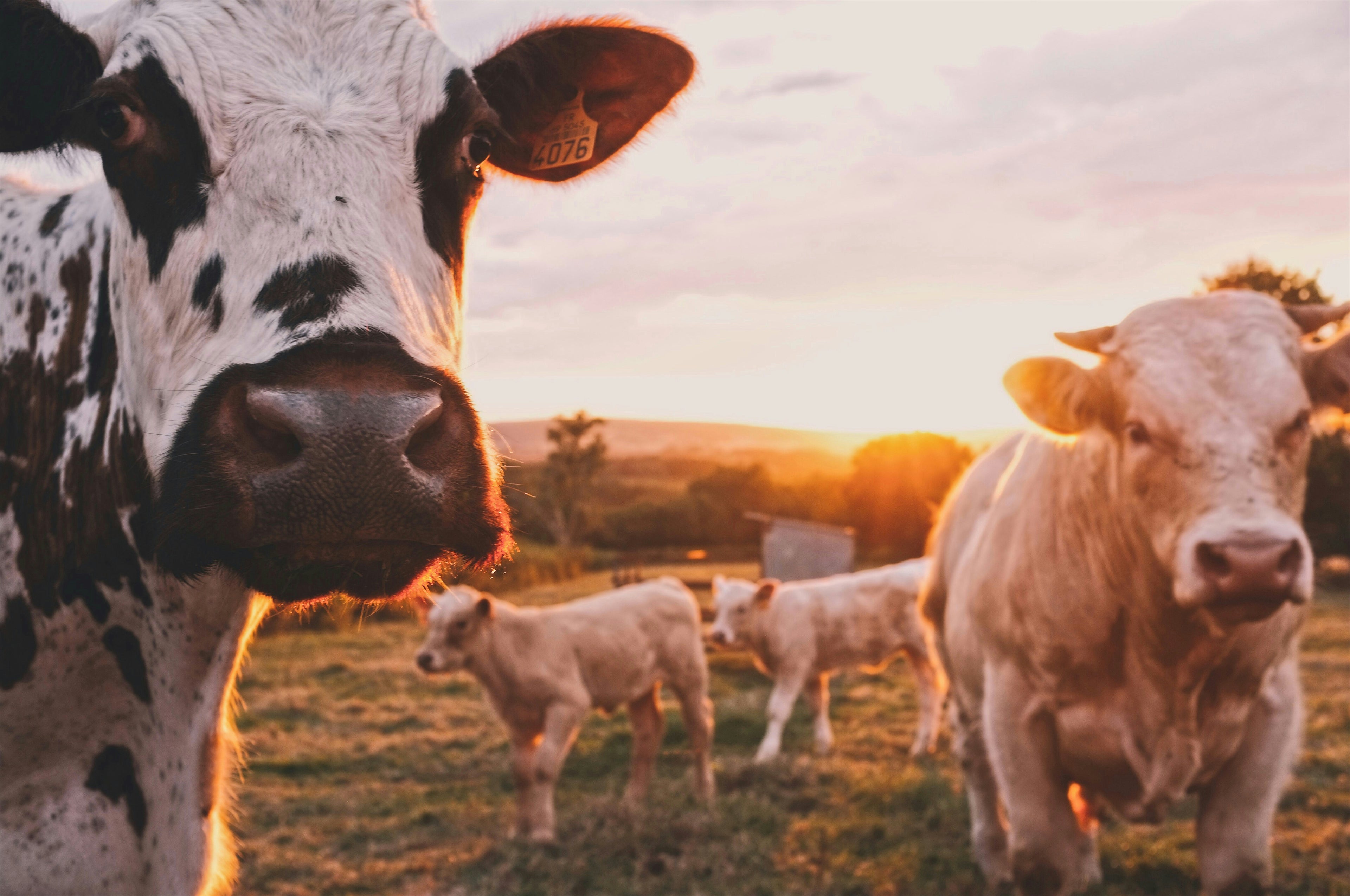
Predicted Methane Emissions
Understanding methane and enteric emissions is important for supply chain sustainability reporting and for ranchers seeking more sustainable livestock farming. CERES TAG offers a solution that utilises the advanced Pasture Feed Intake (PFI) algorithm to predict methane emissions from individual livestock, contributing significantly to sustainable agriculture efforts.

Understanding Methane Emissions
Methane, a potent greenhouse gas, is emitted by livestock through enteric fermentation. Reducing these emissions is important for sustainable agriculture and combating climate change. CERES TAG’s PFI feature tracks feeding patterns and rumination behaviours, which are closely linked to methane production.
Predictive Analytics for Methane Management
CERES TAG leverages on-device algorithms to provide daily predictions of methane emissions, offering a comprehensive overview of environmental impact whilst grazing in pastures.
-
Data Collection
Gathers extensive data on animal activity, health, and behaviour.
-
Advanced Algorithms
Uses sophisticated algorithms to analyze behaviour data to predict daily estimated methane emissions.
-
Enhanced Insights
Offers insights into how changes in management practices have reduced emissions.
Benefits of Methane Emission Prediction
Implementing CERES TAG technology for methane predictions presents numerous benefits, promoting both environmental sustainability and farm efficiency.
-
Phenotype Genetics
Understand the heritable traits to improve genetic selection and build more resilient, efficient and sustainable herds.
-
Enhanced Livestock Management
Improve overall herd management through better understanding of animal health and pasture utilisation.
-
Sustainability Goals
Support transparency on, and progress towards achieving emissions targets, crucial for sustainability reporting, environmental certifications and market positioning.
Informed Decisions.
CERES TAG's innovative approach to predicting enteric methane emissions marks a significant step forward in sustainable livestock farming. By harnessing the power of advanced monitoring and data analytics, farmers and managers can now make informed decisions that benefit both the environment and their operations.